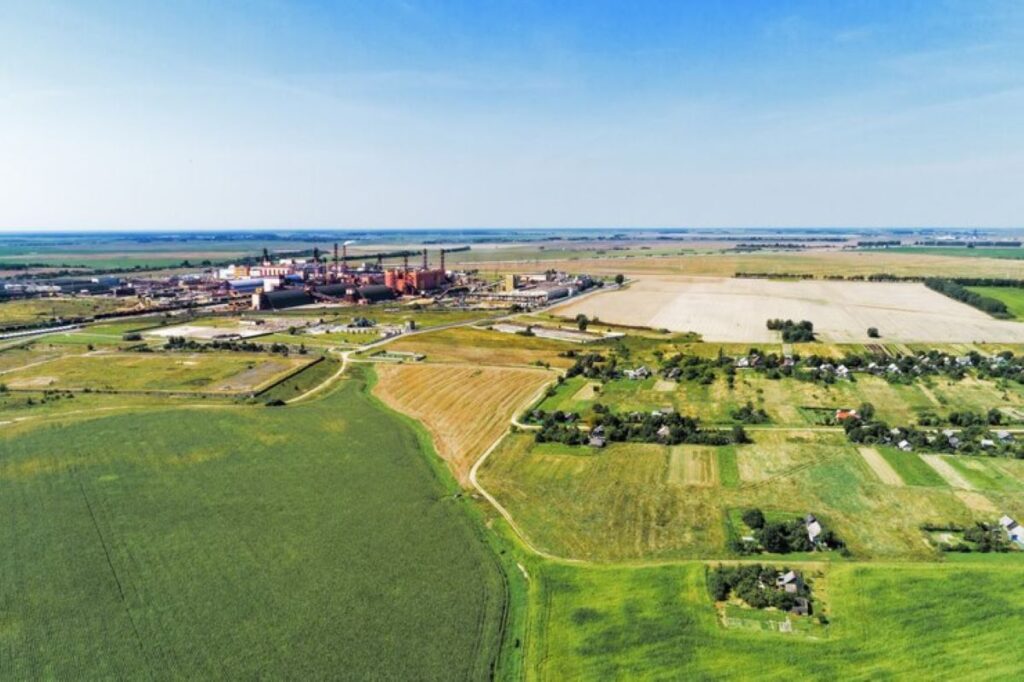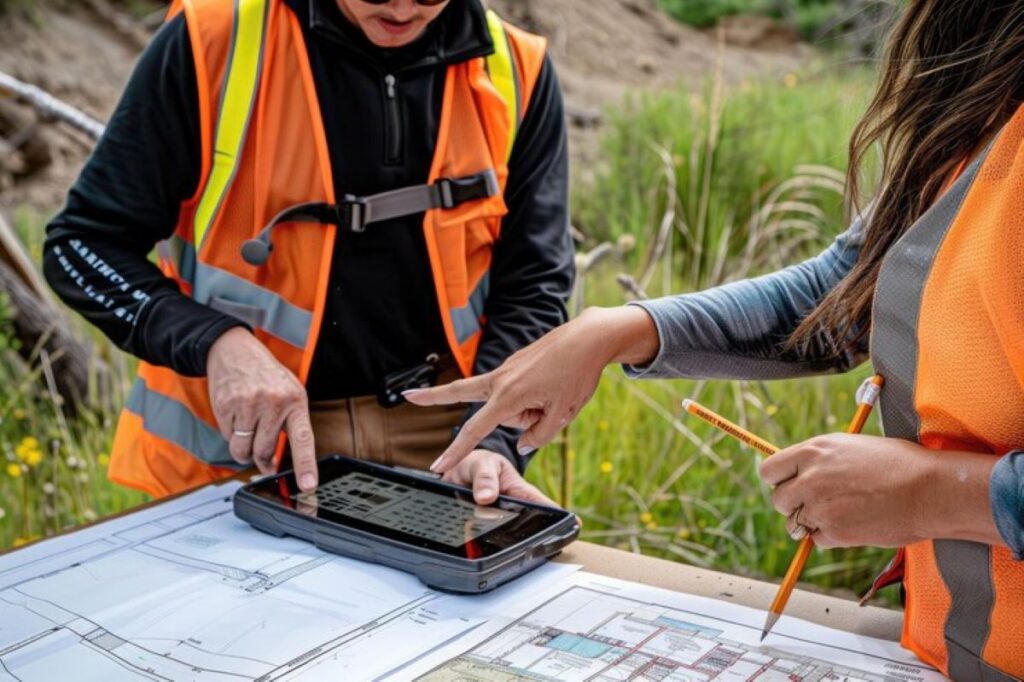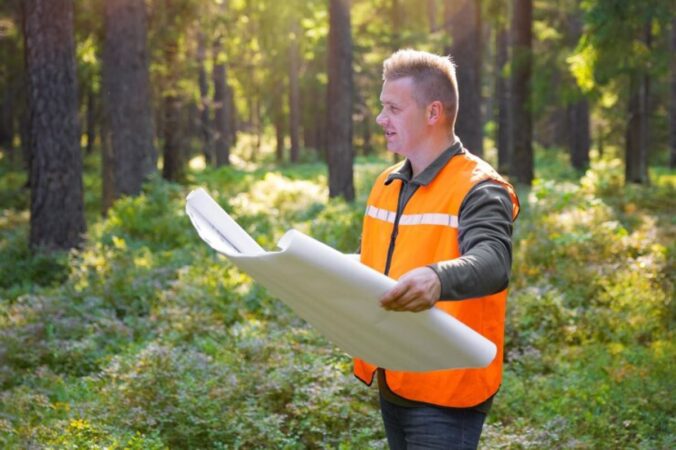In the bustling urban landscape of Sydney, land surveys play a crucial role in the development and management of properties. Whether for residential, commercial, or industrial purposes, accurate land surveys are essential for ensuring compliance with local regulations and preventing potential legal disputes. This article delves into the significance of land surveys, the types available, and how they contribute to a smoother property development process.
The Importance of Land Surveys
Land surveys are foundational to any property-related project. They provide essential information about the boundaries, dimensions, and topographical features of a parcel of land. By obtaining precise measurements and data, property owners and developers can make informed decisions, ensuring that their projects align with legal requirements and local zoning laws.
Legal Compliance
One of the primary reasons for conducting a land survey is to ensure compliance with local laws and regulations. In Land Surveys Sydney, various legislation governs land use, including the Environmental Planning and Assessment Act and the Local Government Act. A comprehensive land survey helps identify any encroachments or discrepancies that could lead to compliance issues.
Failure to adhere to these regulations can result in costly fines, project delays, or even legal action. Therefore, engaging a qualified surveyor to conduct a thorough assessment is a prudent investment for any property owner or developer. Furthermore, a well-executed survey can serve as a critical document in property transactions, providing potential buyers with the assurance that the land is free from disputes and is accurately represented in the sale agreement.
Preventing Disputes
Land disputes can be a significant source of stress and financial burden for property owners. Disagreements over boundary lines, easements, and land use can escalate quickly, leading to lengthy legal battles. A professionally conducted land survey provides clear documentation of property boundaries and rights, which can help mitigate these disputes.
By establishing definitive boundaries, land surveys can prevent misunderstandings between neighbours and clarify property rights. This proactive approach not only saves time and money but also fosters good relationships within the community. Additionally, land surveys can be instrumental in planning future developments, as they provide insights into the land’s topography and any potential obstacles, such as natural features or existing structures, that may impact construction. This foresight can enhance the overall planning process, allowing for more efficient and harmonious development that respects both the land and the surrounding environment.
Types of Land Surveys
There are several types of land surveys, each serving a specific purpose. Understanding the different types can help property owners and developers select the most appropriate survey for their needs.
Boundary Surveys
Boundary surveys are designed to determine the exact boundaries of a property. This type of survey is often required when purchasing land, building a fence, or resolving boundary disputes. A boundary survey involves a detailed examination of property deeds, historical records, and physical markers on the ground.
Qualified surveyors use advanced technology, such as GPS and Total Stations, to ensure accuracy. The results are documented in a survey plan, which can be used as legal evidence in case of disputes. Engaging a surveyor for a boundary survey is essential for anyone looking to establish or clarify property lines. Additionally, boundary surveys can uncover any encroachments or easements that may affect the use of the land, providing property owners with a comprehensive understanding of their rights and responsibilities regarding the property.
Topographic Surveys
Topographic surveys provide detailed information about the terrain of a property, including its elevation, contours, and natural features. These surveys are particularly useful for developers planning to construct buildings, roads, or other infrastructure. By understanding the topography, developers can design projects that are both functional and aesthetically pleasing.
Topographic surveys also help identify potential drainage issues, ensuring that water flows away from structures and reducing the risk of flooding. This type of survey is invaluable for any construction project, as it lays the groundwork for effective site planning. Furthermore, topographic surveys can assist in environmental assessments, allowing developers to consider the ecological impact of their projects and implement sustainable practices that protect local wildlife and habitats.
Construction Surveys
Construction surveys are conducted to guide the placement of structures during the building process. These surveys ensure that buildings are constructed in the correct location and to the precise specifications outlined in the plans. They involve marking out the positions of foundations, walls, and other critical elements of the construction project.
Accurate construction surveys are vital for preventing costly mistakes and delays. They help ensure that the project adheres to the approved plans and complies with local regulations, ultimately leading to a successful outcome. In addition to initial placement, construction surveys may also be necessary at various stages throughout the building process, allowing for adjustments and ensuring that all elements align correctly as construction progresses. This ongoing oversight can be crucial in large projects where multiple contractors are involved, ensuring that everyone is working from the same set of coordinates and specifications, thus maintaining the integrity of the overall design.

The Surveying Process
Understanding the surveying process can help property owners appreciate the value of the service. A typical land survey involves several key steps, each contributing to the overall accuracy and reliability of the results.
Initial Consultation
The surveying process begins with an initial consultation between the property owner and the surveyor. During this meeting, the surveyor will discuss the specific needs of the client, the purpose of the survey, and any relevant legal requirements. This stage is crucial for establishing clear communication and expectations.
The surveyor may also conduct preliminary research, reviewing existing property records and maps to gather background information. This helps inform the survey strategy and ensures that all necessary data is collected. Understanding the historical context of the property can also be beneficial, as it may reveal previous disputes or changes in land use that could impact the current survey.
Field Work
Fieldwork is the next step in the surveying process. Surveyors will visit the site to take measurements, identify physical markers, and assess the terrain. Using advanced equipment, they will gather data on the property’s boundaries, topography, and any existing structures.
This phase is critical for ensuring accuracy, as it involves direct observation and measurement of the land. The surveyor will document their findings meticulously, which will later be used to create the survey plan. In addition to traditional tools like theodolites and measuring tapes, modern surveyors often employ GPS technology and drones to enhance precision and efficiency, allowing them to cover larger areas in less time while capturing intricate details that might otherwise be overlooked.
Data Analysis and Reporting
Once the fieldwork is complete, the surveyor will analyse the collected data. This analysis involves interpreting the measurements and creating detailed maps and reports that clearly illustrate the findings. The final survey plan will include essential information such as property boundaries, easements, and any relevant topographical features.
The completed survey document serves as an official record that can be used for legal purposes, planning applications, and dispute resolution. It is crucial that the surveyor presents the findings in a clear and comprehensible manner, ensuring that clients can easily understand the results. Furthermore, the surveyor may provide recommendations based on their findings, such as potential land use options or considerations for future development, thereby adding further value to the service and assisting clients in making informed decisions about their property.
Choosing the Right Surveyor in Sydney
Selecting a qualified and experienced surveyor is essential for obtaining accurate and reliable land surveys. With numerous options available in Sydney, property owners should consider several factors when making their choice.
Qualifications and Experience
When choosing a surveyor, it is vital to verify their qualifications and experience. Look for professionals who are registered with relevant industry bodies, such as the Surveying and Spatial Sciences Institute (SSSI) or the New South Wales Land and Property Information (LPI). These credentials indicate that the surveyor has met specific educational and professional standards.
Experience in the local area is also important, as it ensures that the surveyor is familiar with local regulations, zoning laws, and potential challenges specific to Sydney. A surveyor with a proven track record in similar projects can provide valuable insights and guidance throughout the process. Check out more about Finding Qualified Land Surveyors Sydney for Commercial Projects.
Client Testimonials and Reviews
Before making a final decision, it is advisable to seek out client testimonials and reviews. Feedback from previous clients can provide insight into the surveyor’s professionalism, communication skills, and the quality of their work. Online reviews and recommendations from trusted sources can help narrow down the options and identify reputable surveyors in Sydney.
Additionally, consider reaching out to past clients directly to ask about their experiences. This first-hand information can be invaluable in making an informed choice.

Cost and Services Offered
Cost is often a significant factor when selecting a surveyor. While it is essential to find a service that fits within budget constraints, it is equally important to consider the value offered. Cheaper options may not always provide the same level of accuracy or professionalism as more established firms.
Inquire about the services offered by each surveyor. Some may specialise in specific types of surveys, while others provide a broader range of services. Ensure that the surveyor you choose can meet your specific needs and deliver a comprehensive solution.
Land surveys are an indispensable component of property development in Sydney. They ensure compliance with local regulations, prevent legal disputes, and provide essential data for informed decision-making. By understanding the different types of surveys available and the surveying process, property owners can appreciate the value of this service.
Choosing the right surveyor is crucial for obtaining accurate results and a smooth development process. By considering qualifications, experience, client feedback, and costs, property owners can make informed decisions that protect their investments and pave the way for successful projects.
In a rapidly growing city like Sydney, where land is a precious commodity, investing in professional land surveys is not just a legal necessity; it is a strategic move that can save time, money, and potential headaches down the line. Embrace the importance of land surveys and ensure that your property ventures are built on solid ground.
